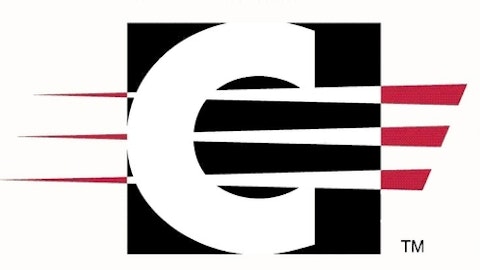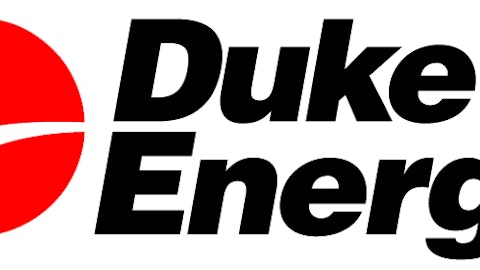Coal is out of favor in the United States. However, that view isn’t universal across the world. In fact, foreign demand is set to increase over the next few decades. WESTSHORE TERMINALS (OTCMKTS:WTSHF) owns a storage and loading terminal in Canada that is already benefiting from such demand.
Foreign demand
The Energy Information Association (EIA) highlights that China, the United States, and India together account for around 70% of the coal used in the world. China alone accounts for about half of that consumption.
While the EIA expects demand in the United States to be stable to lower in the years ahead, demand from China and India is slated to increase for at least the next two decades. In fact, India is expected to surpass the United States as the second largest consumer of coal after China within the next 20 years.

Everybody’s doing it
This is why coal companies are scrambling to get their coal into foreign markets. That includes both thermal and metallurgical varieties. For example, China and India are key talking points for coal giant Peabody Energy Corporation (NYSE:BTU). On the thermal side, Peabody expects utility demand to increase 25% in China by 2017 and, from a much smaller base, around 45% in India. Met coal should see demand increases, too.
While this miner’s outlook backs up the EIA’s projections, it also means notable business opportunities for well-positioned coal miners. Peabody Energy Corporation (NYSE:BTU) is, perhaps, one of the best positioned because it generates nearly half of its revenues from its Australian operations, giving it direct access to Asia.
However, Peabody Energy Corporation (NYSE:BTU) also has notable operations in the Illinois (ILB) and Powder River (PRB) coal basins in the United States, both of which are low cost and are seeing increased foreign demand. That should position the company well to participate as domestic coal increasingly goes to foreign markets.
For example, Cloud Peak Energy Inc. (NYSE:CLD), which operates almost exclusively out of the PRB, has seen its thermal coal exports increase from virtually nothing to over 5% of its coal volume over the last five years. Although the company is waiting on new port capacity to accelerate its global pivot, the trend is clear and management is setting itself up to benefit.
The terminal play
Coal companies, however, are subject to the vagaries of coal prices. That’s why miners are suffering today, muddling through the perfect storm of weak thermal and met coal markets. In fact, the last 18 months or so have been fairly dismal for the coal industry as a whole. Peabody Energy Corporation (NYSE:BTU) and Cloud Peak Energy Inc. (NYSE:CLD) have both suffered notable earnings declines.
Terminal owner WESTSHORE TERMINALS (OTCMKTS:WTSHF), through which Cloud Peak Energy Inc. (NYSE:CLD) sends a portion of its coal, on the other hand, expects to handle between 28 and 30 million tonnes of coal this year. Impressively, that’s up from around 26 million tonnes last year. And it has another three million tonnes of capacity to offer after upgrades made in 2012. That should allow for at least modest volume growth in the near term. Asia, of course, is the final destination for nearly 80% of the coal that passes through its facilities.
Of note is that Westshore has fixed-rate contracts for about 80% of its capacity through 2021. That pretty much assures decent results and the continuation of its around $0.30 per share quarterly dividend. And the company is working on additional projects that could add up to another three million tonnes of capacity over the next five years.
Good news/bad news
So the good news is that Westshore is positioned to benefit from domestic coal being shipped abroad right now. The bad news is that you shouldn’t expect much more than the $1.20 or so a share in dividends that are being paid today. (Dividends are paid in Canadian dollars so the actual U.S. dollar value will vary slightly with exchange rates.) That equates to around a 4% yield, with only modest growth prospects.





